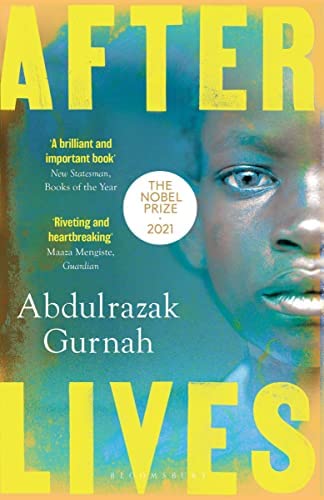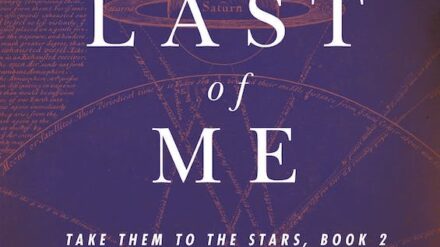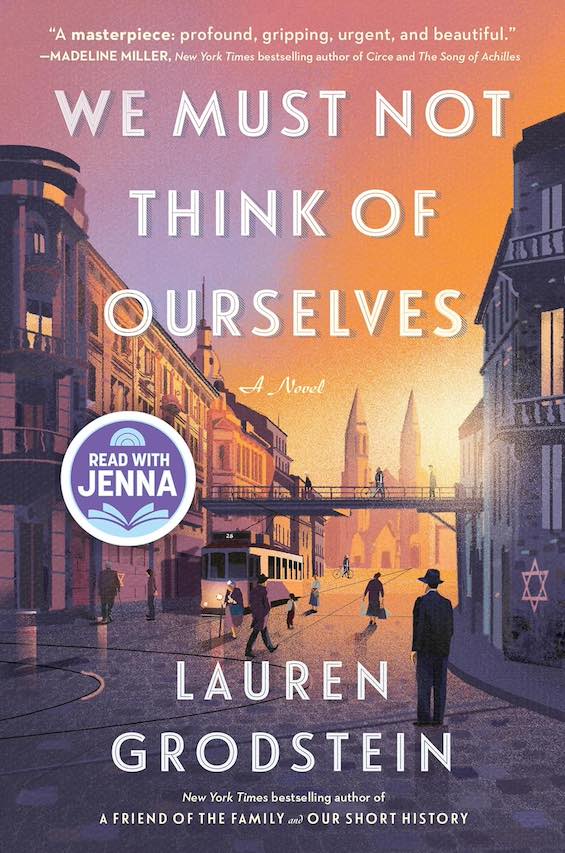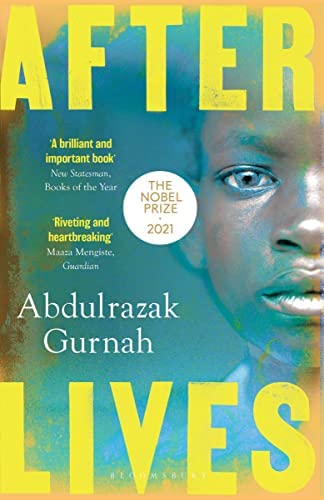
For three decades, the nation now known as Tanzania was a German colony. In 1891, the country and adjoining territory (including Rwanda and Burundi) became Deutsch-Ostafrika. But when Germany lost World War I, the British, Belgians, and Portuguese took over. The lion’s share was first a mandate under the League of Nations and then a British colony known as Tanganyika. The nation gained its independence in 1961, soon renamed Tanzania. Its history is a tale of colonization and war. And it forms the backdrop to After Lives, a riveting new African historical novel by the Nobel Prize-winning Tanzanian novelist, Abdularazak Gurnah.
Estimated reading time: 4 minutes
A historical saga that illuminates a nation’s evolution
After Lives is a multigenerational saga that follows the intertwined lives of several young people living in German East Africa. We follow them and their descendants for six decades and more. Through the colonial wars of the early 20th century. The First World War. Under the British in the 1920s. The Great Depression and the Second World War. And through the post-war years to the time of Tanzanian independence. In telling this story, Gurnah illuminates the contrasting approaches to colonization of the Germans and British, the fighting on the East African front in World War I, and the complex interrelationships among the region’s diverse peoples.
After Lives by Abdulrazak Gurnah (2022) 316 pages ★★★★☆
Winner of the Nobel Prize for Literature
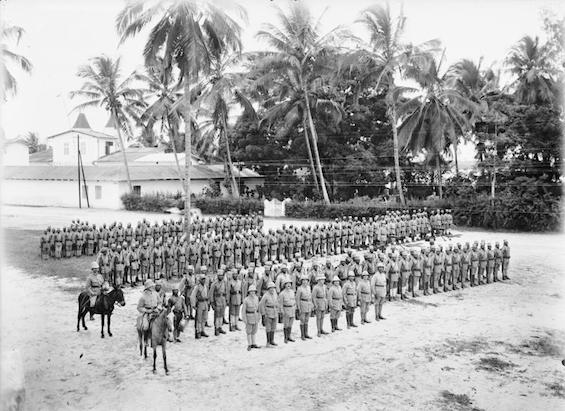
An African historical novel dominated by World War I
Although the action in After Lives spans more than six decades, events during World War I dominate the story. Hamza and Elias, both young men at the outset, separately enlist with the German Army as askaris (soldiers) in the Schutztruppe (protection force). Their diverging experiences dominate the novel’s plot. We follow Hamza closely through the seemingly endless years of the war. Because he can read and write, presumably in Swahili, the regimental surgeon enlists him as his aide and teaches him reading and writing in German as well. Under the doctor’s protection, Hamza avoids the brutal fighting in the bush. But, as the war draws to a close, a sadistic and hateful junior officer slashes his leg with a saber. He recovers over many months at a German mission in the hinterland. And it is this connection that foretells the link between Hamza and Elias, the other young African man who had joined the askaris around the same time. But that connection is long in materializing.
Despite Gurnah’s dark view of colonialism and the colonizers, none of the German and British characters in this novel are one-dimensional. Each is carefully drawn in three dimensions, as is the case with the diverse Africans and Indians who populate the story. Heroes and villains are rare in his prose.
About the author

Abdulrazak Gurnah was awarded the 2021 Nobel Prize in Literature “for his uncompromising and compassionate penetration of the effects of colonialism and the fates of the refugee in the gulf between cultures and continents.” Born in Zanzibar in 1948 of Yemeni heritage, he moved to the UK as a refugee. There, he received his undergraduate degree from the University of London and his PhD from the University of Kent. He taught postcolonial literature there until his retirement 2017. Afterlives is his tenth novel.
While his first language is Swahili, Gurnah has used English as his literary language. However he integrates bits of Swahili, Arabic and German into most of his writing, as is the case in After Lives.
For more reading
For more perspective on the region and its history, see 20 top books about Africa, including fiction and nonfiction.
You might also check out:
- 20 most enlightening historical novels
- 13 great war novels reviewed here
- Top 10 historical mysteries and thrillers reviewed here
- 20 top nonfiction books about history
And you can always find my most popular reviews, and the most recent ones, plus a guide to this whole site, on the Home Page.

